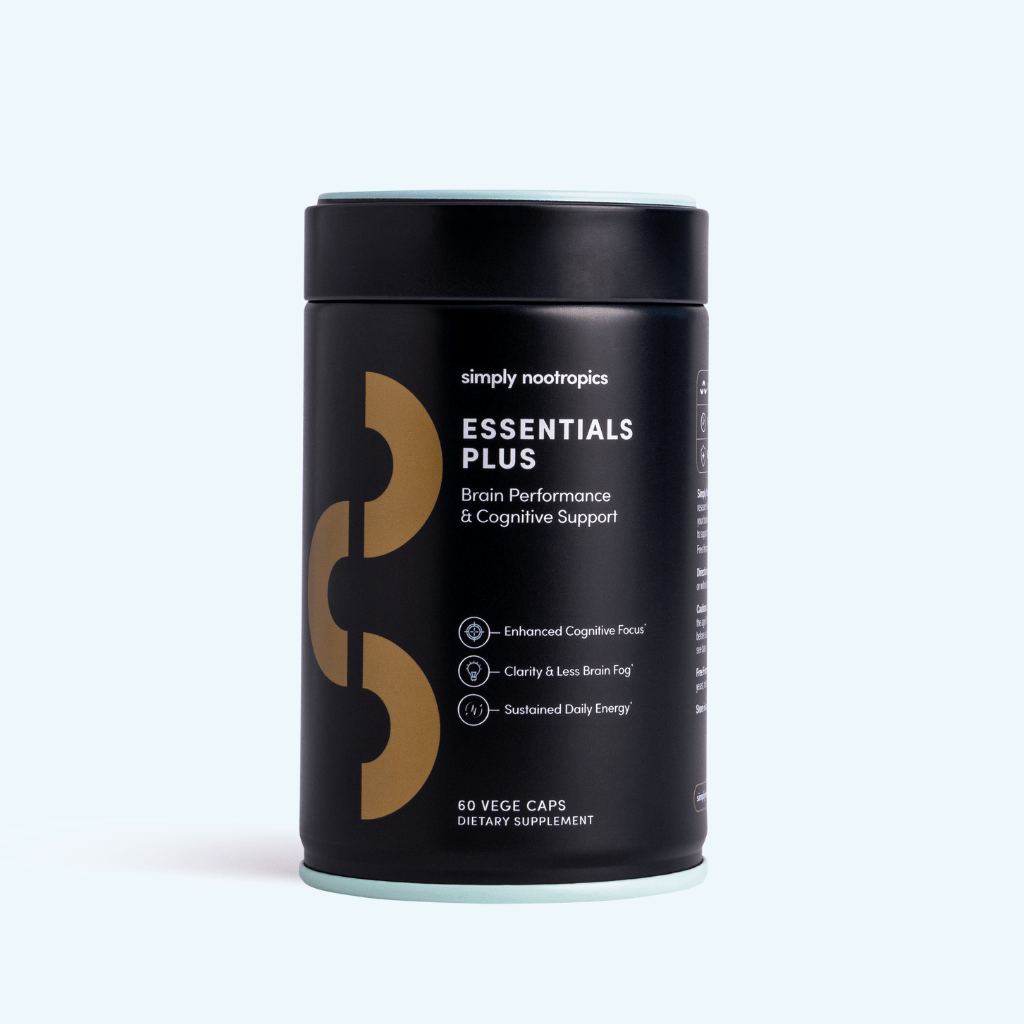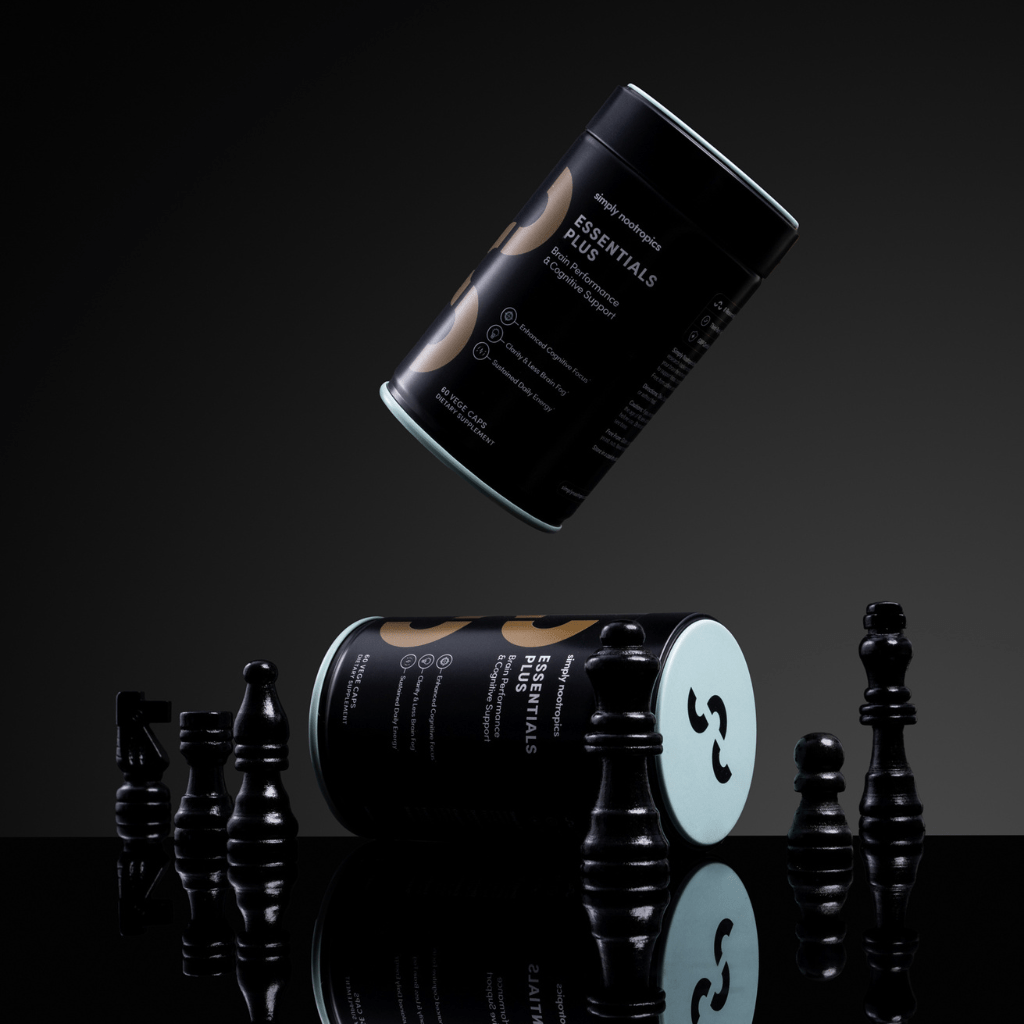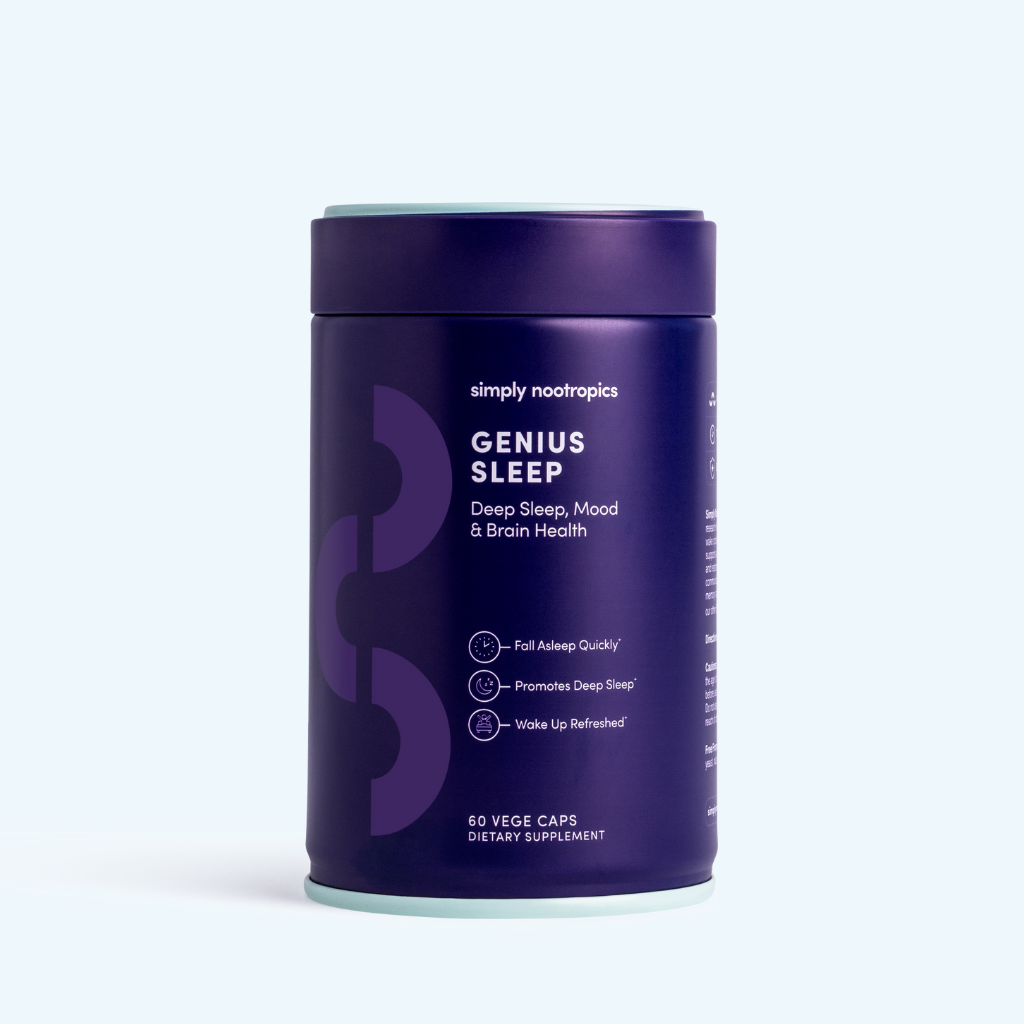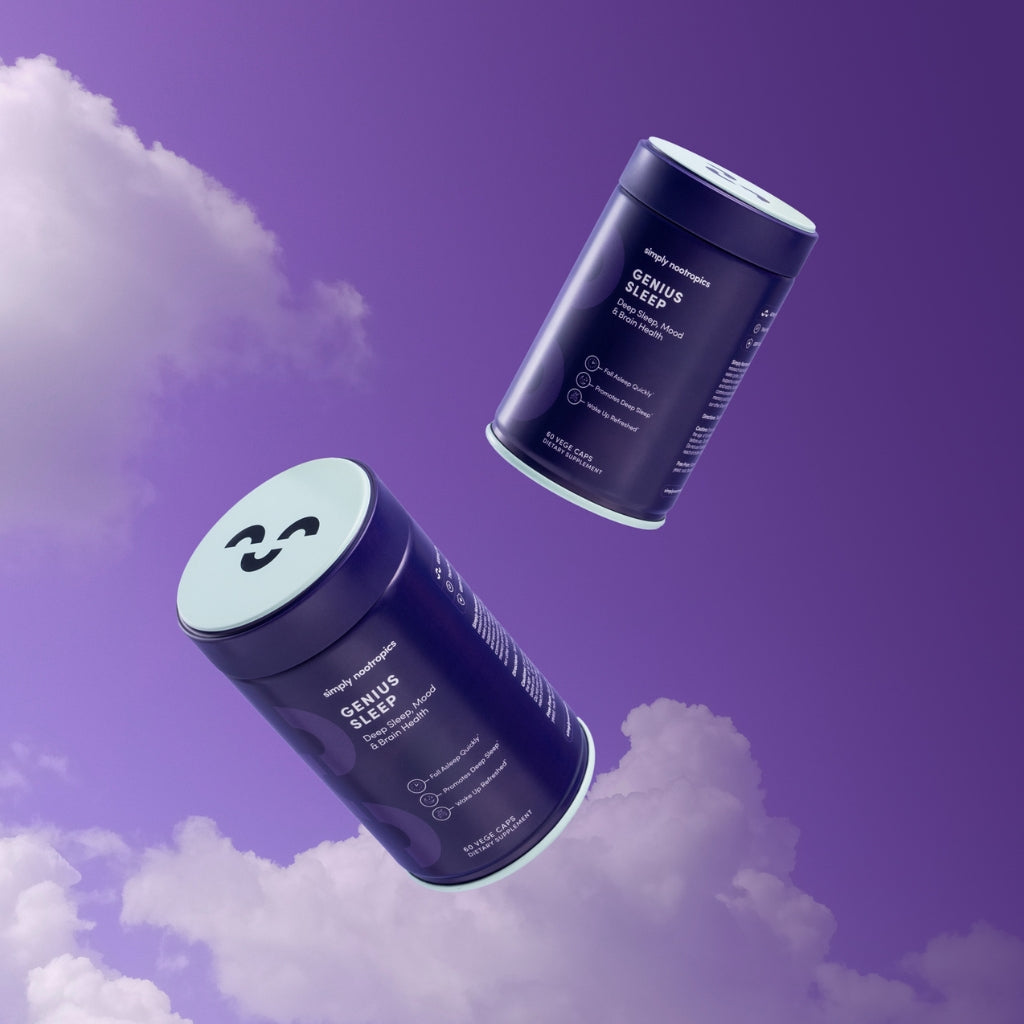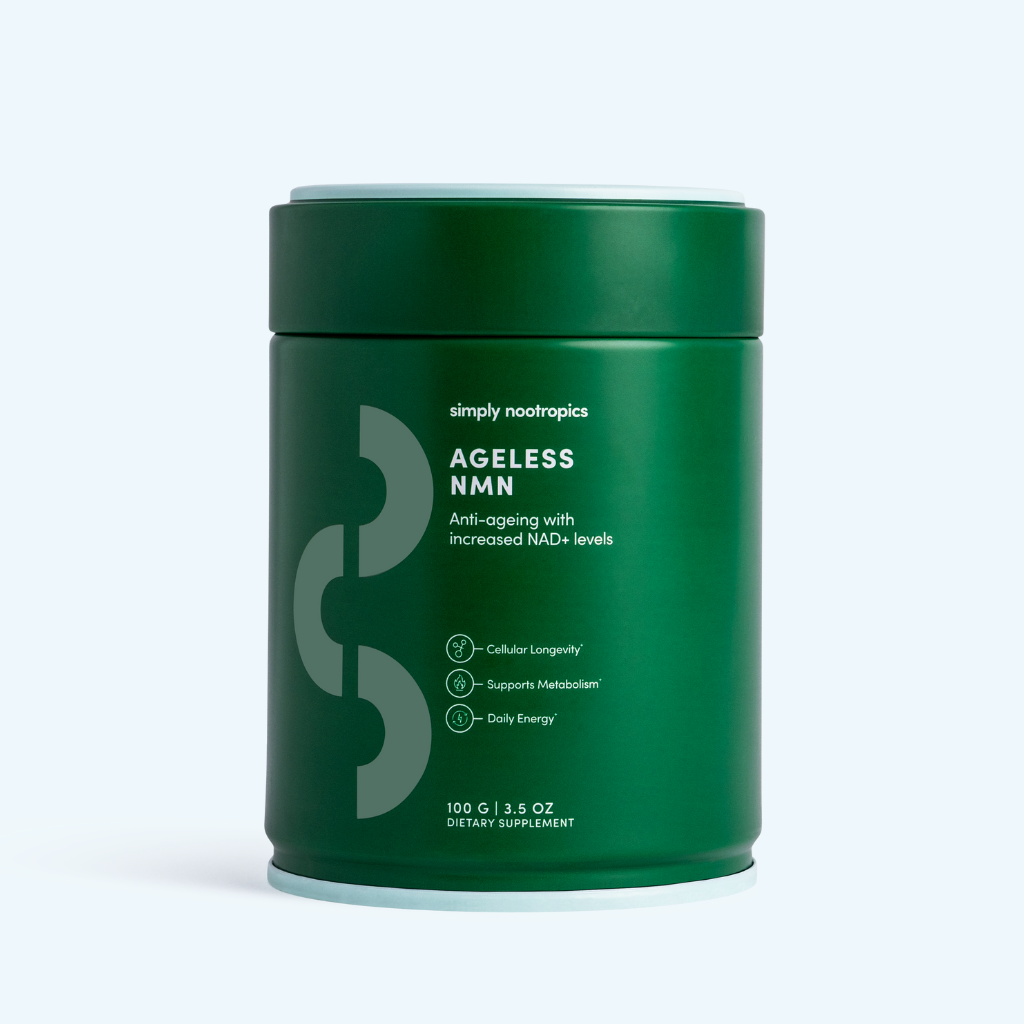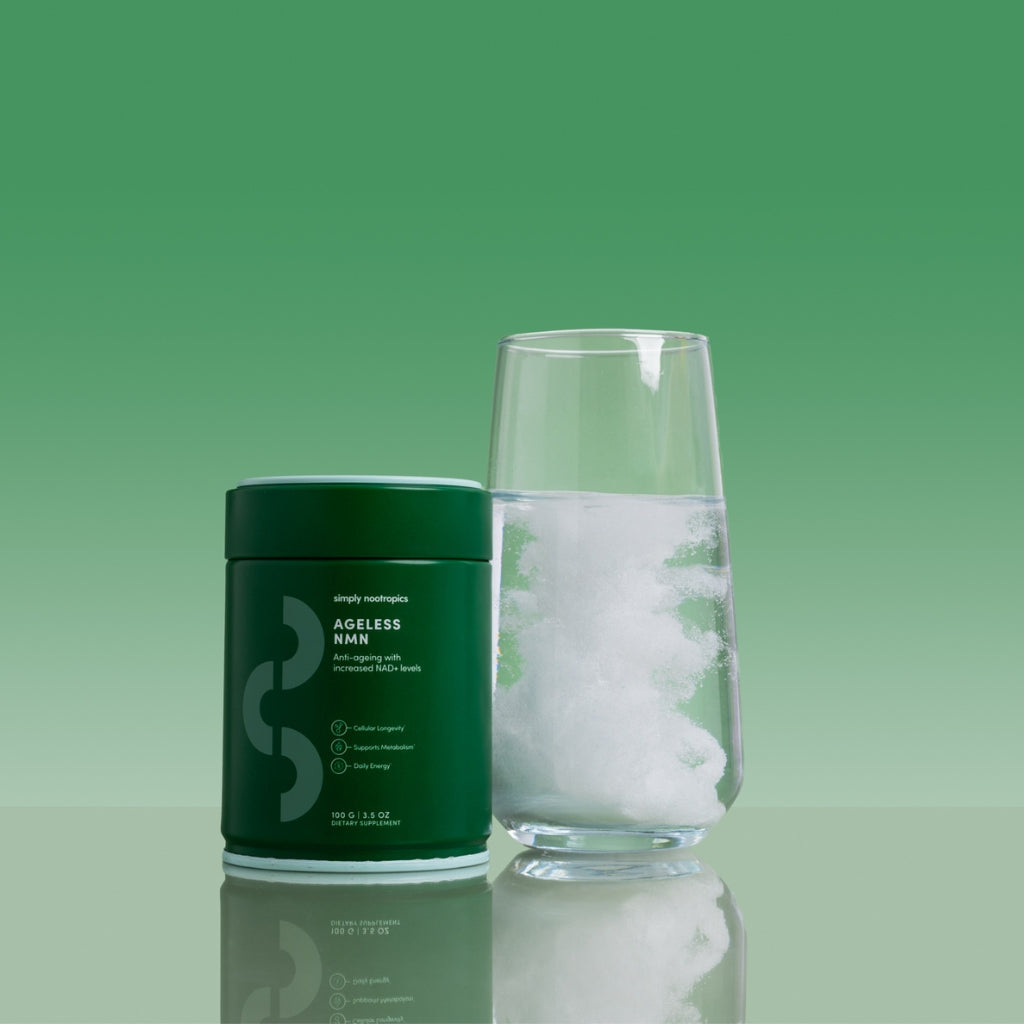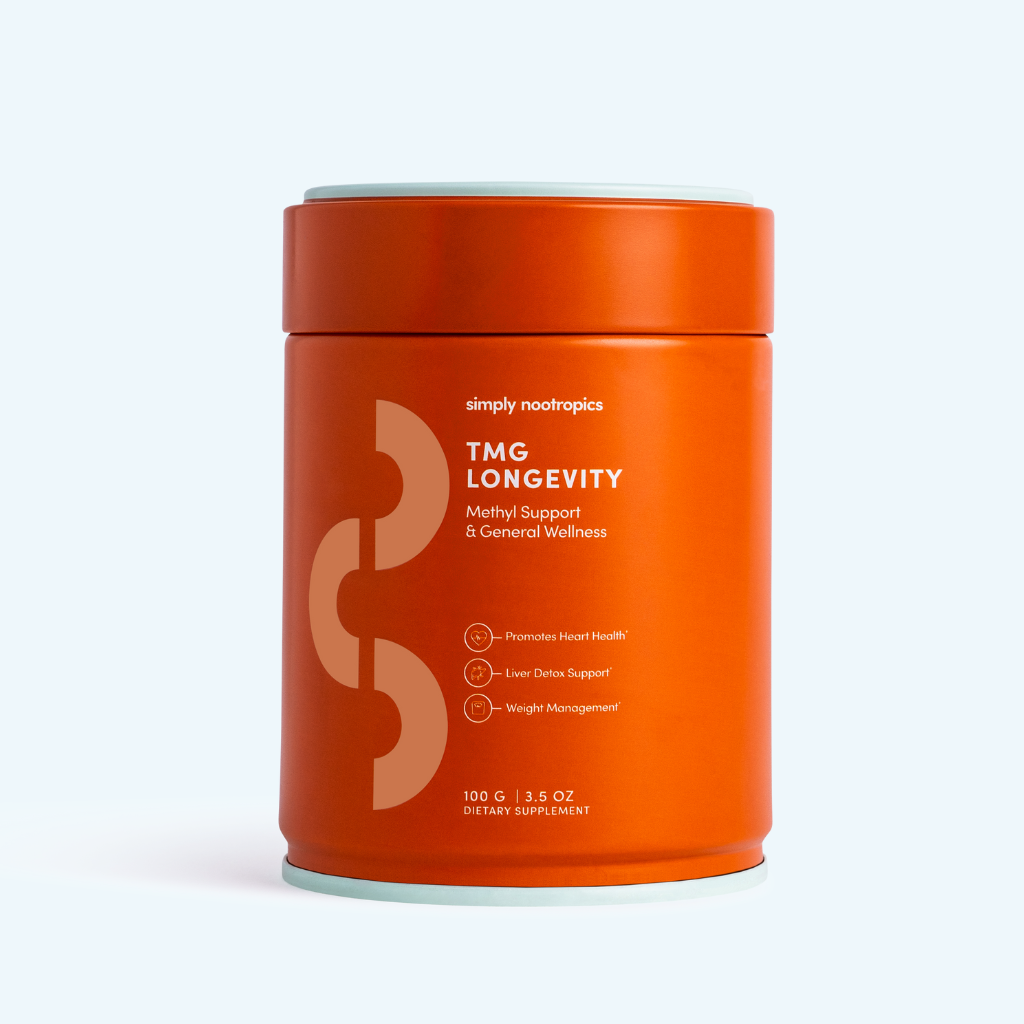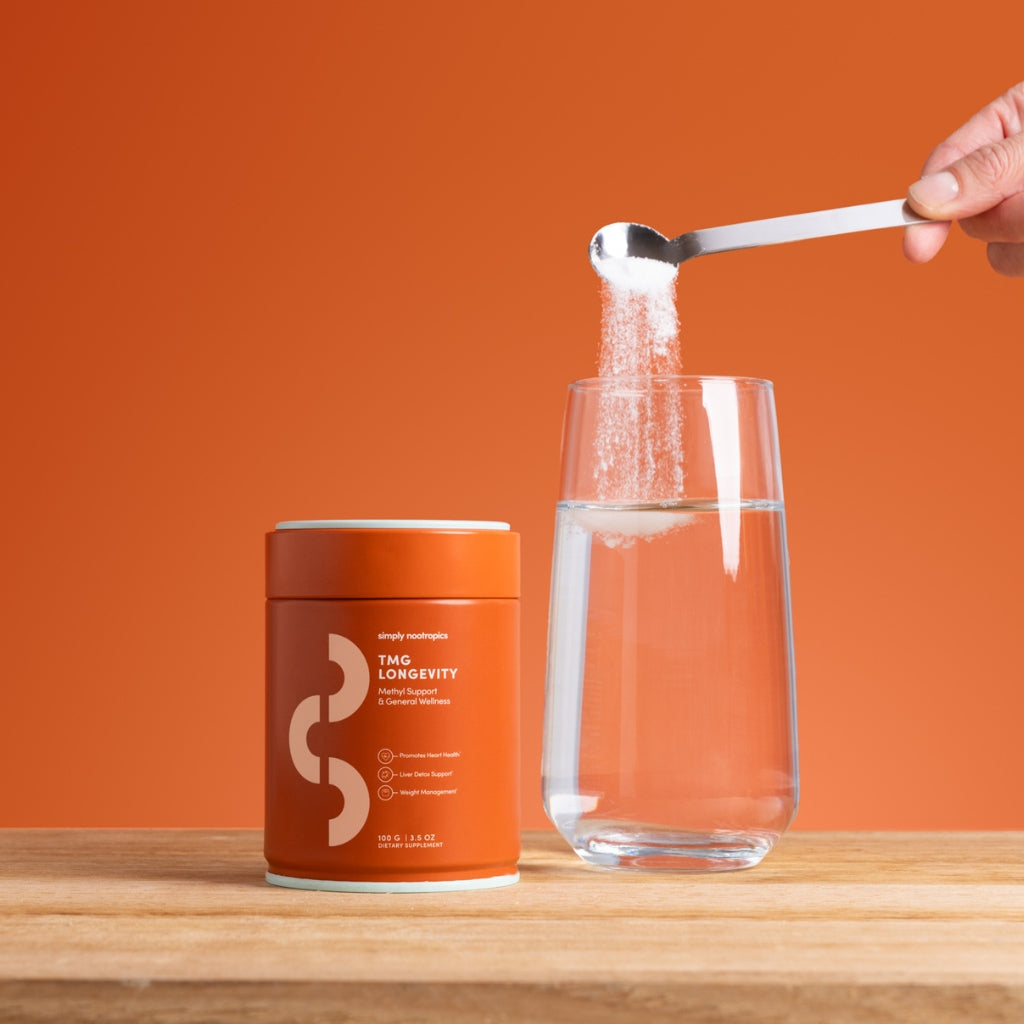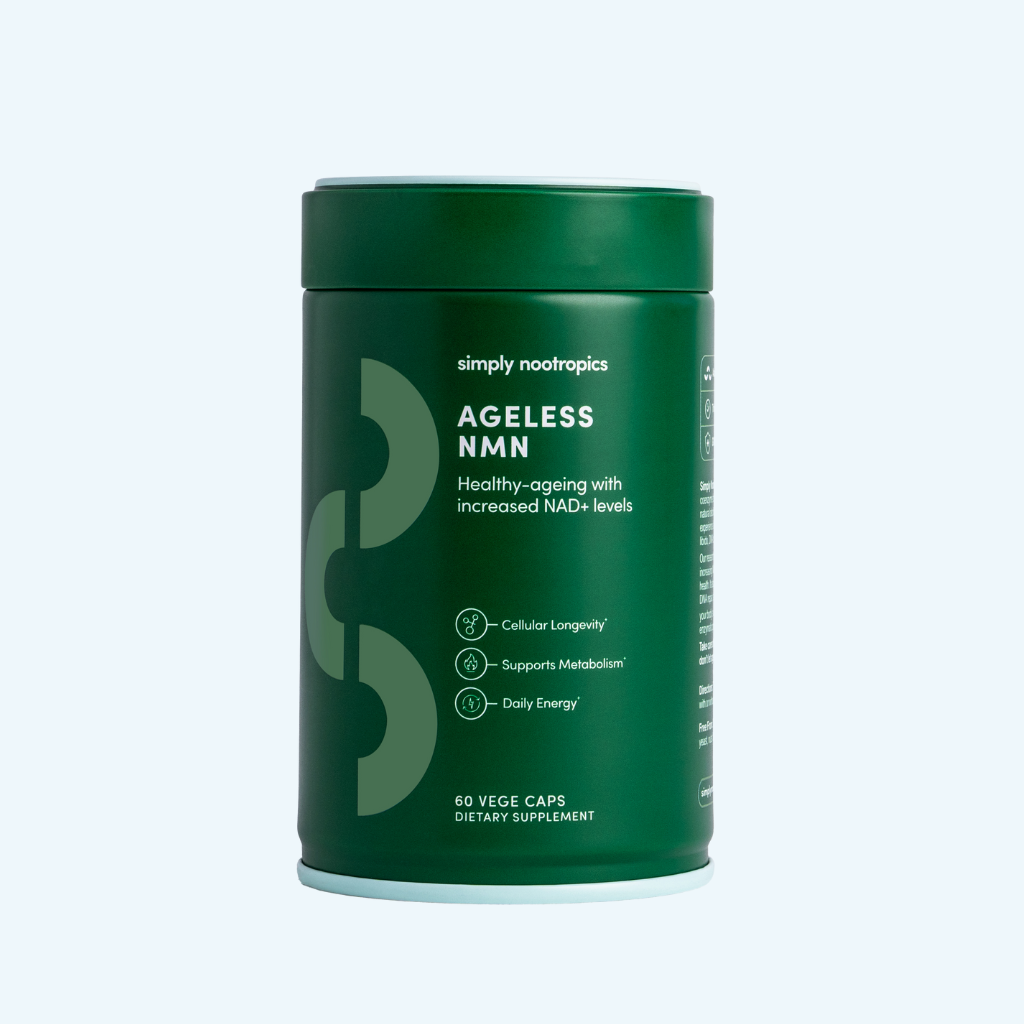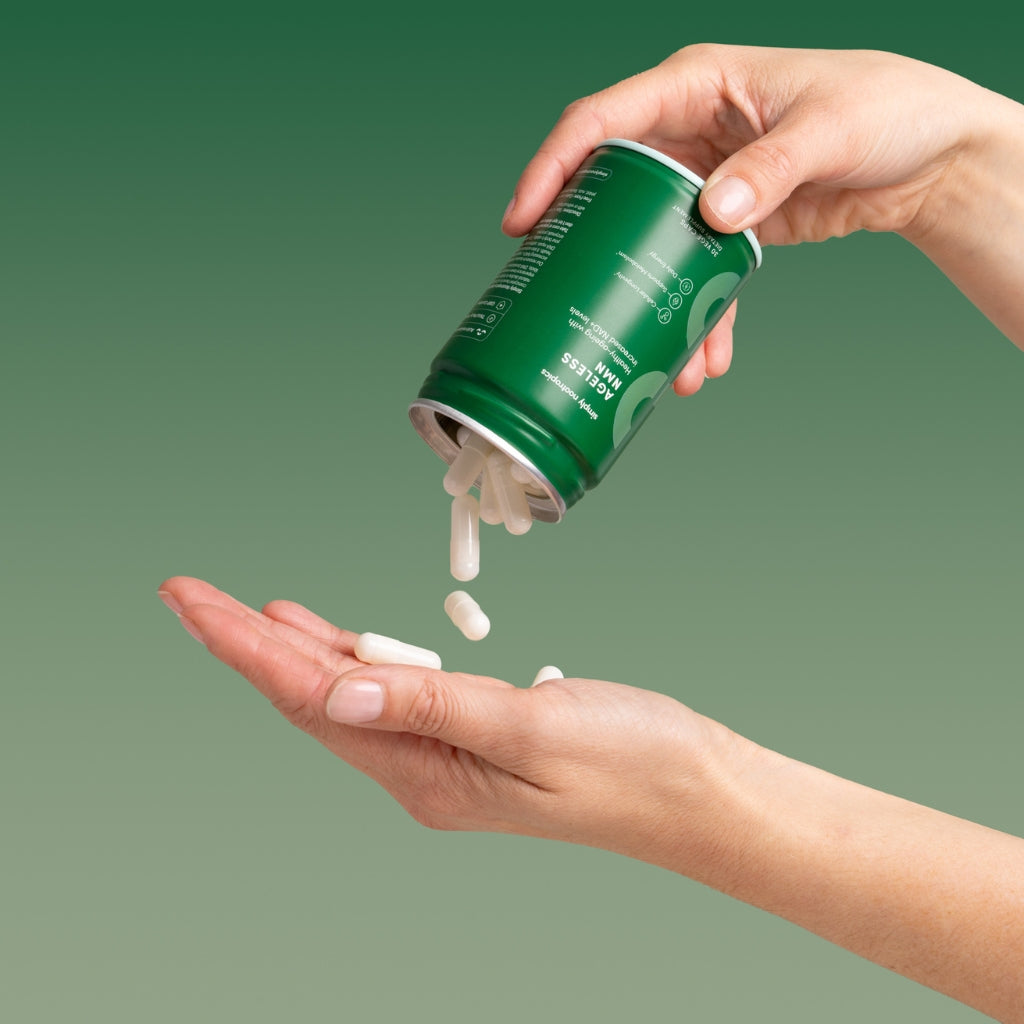In this week’s round-up, we’re learning about four new studies that say a lot about how everyday choices, like what you eat, how you take care of your skin, spend your money, or focus your attention may influence long-term health, cognitive decline, and even how we age on a cellular level.
Some of the findings might surprise you. A popular “healthy” sweetener is raising concerns, Gen Z’s skincare routines could be doing more harm than good, and a new method for boosting happiness only takes a week. But first, a surprising new early marker for dementia is emerging, not in the clinic, but in your bank account.
1. A Popular Sweetener Adversely Affects Blood Vessels
The promise of erythritol has been appealing: a calorie-free sweetener that doesn’t spike blood sugar, often used in keto and diabetic-friendly products. But a new study suggests that this sugar alcohol may be doing real damage to your vascular system.
Researchers exposed human endothelial cells (the cells that line your blood vessels) to erythritol. They found that oxidative stress levels rose by 75%, and nitric oxide production dropped significantly. That’s not a good sign. Nitric oxide is essential for maintaining flexible, responsive blood vessels. Low levels are linked to stiffness, clotting, and cardiovascular ageing.
These findings weren’t just limited to cell cultures. The study also found that people with higher blood levels of erythritol had a greater risk of cardiovascular events, including stroke and heart attack.
This isn’t the first time erythritol has raised red flags. Past research has shown similar links between sugar alcohols and blood clotting. While more research is needed, especially in long-term human trials, the takeaway is clear: even zero-calorie sweeteners aren’t necessarily zero-impact.
If you’re aiming to protect your cardiovascular health as you age, don’t assume “sugar-free” means safe. Check your labels, because erythritol appears in everything from protein bars to electrolyte powders, and consider whole-food alternatives or naturally low-glycaemic options instead.
2. Financial Behaviour Might Help Diagnose Dementia Early
Cognitive decline is often diagnosed after the damage is done, but new research suggests it might be detectable much earlier, and in a very unexpected place: your bank account.
In this study, researchers examined the financial records of Medicare patients and found that subtle changes in financial behaviour, such as decreased spending on discretionary items, increased spending on home necessities, or more erratic payment habits, could begin showing up years before a formal dementia diagnosis.
The idea is that financial decisions draw on multiple aspects of brain function, including memory, judgment, planning, and risk assessment. These are often the first to decline in conditions like Alzheimer’s, even before memory loss becomes obvious.
Why does this matter for longevity? Because early detection is one of the most promising paths we have to slow cognitive decline. If subtle changes in financial patterns can offer a non-invasive, real-world clue that something is shifting neurologically, it may open the door for earlier lifestyle interventions, therapies, or support.
This is also a reminder to pay attention to more than memory when tracking brain health. If managing bills feels harder, or you’re spending differently without meaning to, it may be worth taking note, and action.
3. Top TikTok Skincare Routines May Be Dangerous for Young Skin
Skincare has become a booming wellness category, especially among teens and young adults. But a new study reviewing viral skincare routines on TikTok reveals that many of these trends may be actively damaging young skin and potentially causing long-term issues.
Researchers analysed 100 of the most popular skincare videos aimed at audiences under 18. The majority of routines included six or more products, often featuring potent actives like retinoids and exfoliants. Only 26% mentioned sunscreen, and many promoted layering incompatible ingredients.
Why does this matter for longevity? Because premature skin damage isn’t just about breakouts or dryness, it’s about barrier dysfunction, inflammation, and early ageing. Overexposure to harsh ingredients can disrupt the skin’s natural microbiome and lead to persistent sensitivity.
Young skin generally doesn’t need anti-ageing products. It needs protection, especially from UV, and support for its natural repair processes. When used correctly, skincare can be a long-term investment in resilience. But overdoing it, especially at a young age, may backfire.
Less is often more. Focus on gentle cleansing, moisturising, and daily SPF, foundations that protect your skin’s integrity over the long haul, not short-term trends driven by algorithms.
4. Too Busy to Focus on Your Happiness?
We know that happiness affects health: people with higher subjective wellbeing tend to live longer, have better immune function, and show lower markers of inflammation. But the big question has always been how to actually improve happiness in a meaningful and lasting way.
A new study offers one of the simplest answers yet. Over 17,000 people took part in the Big JOY Project, a global experiment asking participants to do one small “micro-act of joy” daily for one week. These included things like expressing gratitude, helping someone else, noticing something beautiful, or writing about a positive experience.
The results were clear: after just seven days, participants reported significantly higher life satisfaction and lower stress, and the effects persisted for up to three months. Surprisingly, the biggest benefits were seen in younger people and those from low-income or high-stress backgrounds.
For longevity, this is a powerful reminder that wellbeing isn’t just about reducing disease risk, it’s about actively nurturing positive mental states. You don’t need a full lifestyle overhaul. A single shift in focus, repeated daily, can move the needle on how you feel and how your body responds to stress.
Ageing well doesn’t just mean less illness, it means more life in the years you have. And sometimes, all it takes is noticing the good that’s already there.
If there’s one molecule that ties many of this week’s themes together, like energy, vascular health, cognitive clarity, it’s NAD⁺. And NMN (nicotinamide mononucleotide) is one of the most efficient ways to support it.
Ageless NMN is our high-purity NMN formula, available in both powder and capsule form. It delivers clean, effective NAD⁺ support for energy, brain function, and healthy ageing. If you're recovering from sleep loss, looking to stay mentally sharp, or simply trying to support your body’s cellular energy system as you age, Ageless NMN is designed to slot into your daily routine with ease.



